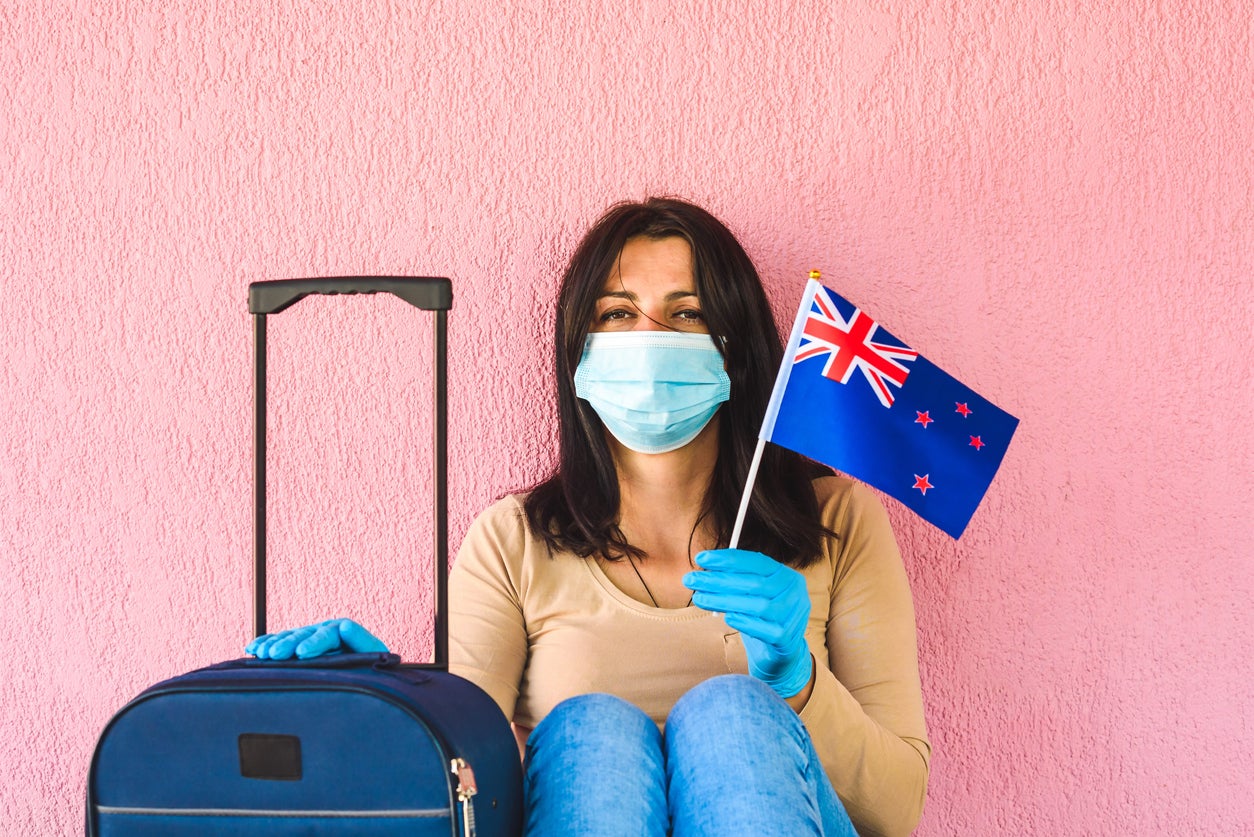Six months after my family was stranded in the UK – the government is still failing Kiwis overseas
There is no adequate support for people who find themselves stuck in a sort of policy limbo, with expiring visas, no way to work, and no way to get home


Your support helps us to tell the story
From reproductive rights to climate change to Big Tech, The Independent is on the ground when the story is developing. Whether it's investigating the financials of Elon Musk's pro-Trump PAC or producing our latest documentary, 'The A Word', which shines a light on the American women fighting for reproductive rights, we know how important it is to parse out the facts from the messaging.
At such a critical moment in US history, we need reporters on the ground. Your donation allows us to keep sending journalists to speak to both sides of the story.
The Independent is trusted by Americans across the entire political spectrum. And unlike many other quality news outlets, we choose not to lock Americans out of our reporting and analysis with paywalls. We believe quality journalism should be available to everyone, paid for by those who can afford it.
Your support makes all the difference.Being an expat can be hard at the best of times. Throw in a global pandemic, a worldwide lockdown and a total grounding of any and all flights, and suddenly living 24 hours from home feels suffocatingly difficult. This was something myself and many other Kiwis discovered when the pandemic hit last year and getting home became almost impossible.
By the time the mad scramble for flights had settled, the government had introduced the MIQ (managed isolation and quarantine) system. A good plan in theory – shove all incoming travellers into a hotel room for two weeks to allow any potential virus to incubate and prevent it from making its way into the community. Inevitably, there were issues – over-subscription to the service and a financial drain on taxpayer money – that lead to a new iteration being brought in. First, travellers staying less than three months were required to pay the whole NZ$3,000 (£1,530) hog for the pleasure. Then, the government brought in the booking system. It is arguably the latter that has caused the biggest issues for stranded Kiwis.
Bookings were snapped up faster than tickets to Glastonbury. Spaces were reserved for special guests – such as the entire cast and band of The Wiggles – with little concern for at-risk residents. It has been a struggle for many. My sister – who also lives in the UK – was diagnosed with stage three cancer in July 2020. My mother did what most parents would, and hopped on the first plane here, leaving relatively Covid-free New Zealand to fly in and look after my sister. Her presence was invaluable, and she ended up staying for six months, holding my sister’s hand through endless scans, painful pre-chemo IVF treatments and nightmare-inducing side effects. Dad joined us later in the year.
When it came to getting home, issues inevitably occurred. Having been lucky to nab a MIQ spot for January (a feat within itself), the NZ government brought in pre-departure testing requirements. Like others in the UK, we all contracted Covid over Christmas. Unfortunately, despite being out of the contagious period and largely recovered, Mum and Dad were still testing positive a couple of days before their flight and thus were unable to leave when scheduled. MIQ was booked up until May.
Their particular situation managed to get resolved, but many New Zealanders – such as those May Bulman recently wrote about – haven’t been so lucky. The onus seems to be on both the UK and NZ governments – with neither offering adequate support for people who find themselves stuck in a sort of policy limbo, expiring visas meaning they can no longer work and fully-booked MIQ systems meaning they’re unable to get home.
It’s hard to fully quantify the difficulty overseas New Zealanders have faced in the last few months. Recent news reports outlining the Canadian government’s plan to allow fully vaccinated nationals into the country without quarantine left me a blubbering mess last week, the simple whiff of being able to go home sending my desire to return flooding to the surface. I was quickly brought back down to earth when the prime minister Jacinda Ardern announced there was no plan to introduce anything similar in New Zealand in the near future.
I’m hopeful that as vaccination rates increase back home, the border policy may be loosened, but this is unlikely to occur before 2022. Comparatively, I’m one of the lucky ones. I saw my parents recently, I have my sister close by, and I have a steady job and income. Yet, the inescapable tendrils of homesickness have become ever-stronger in recent weeks.
By the time I make it home, my brother will likely have graduated university – he was in his first year last time I saw him – friends and family may have gotten married, my soon-to-be nephew will be a toddler. In the meantime, I will be here – watching it all happen over FaceTime, desperate to hug those that I love.
Join our commenting forum
Join thought-provoking conversations, follow other Independent readers and see their replies
Comments